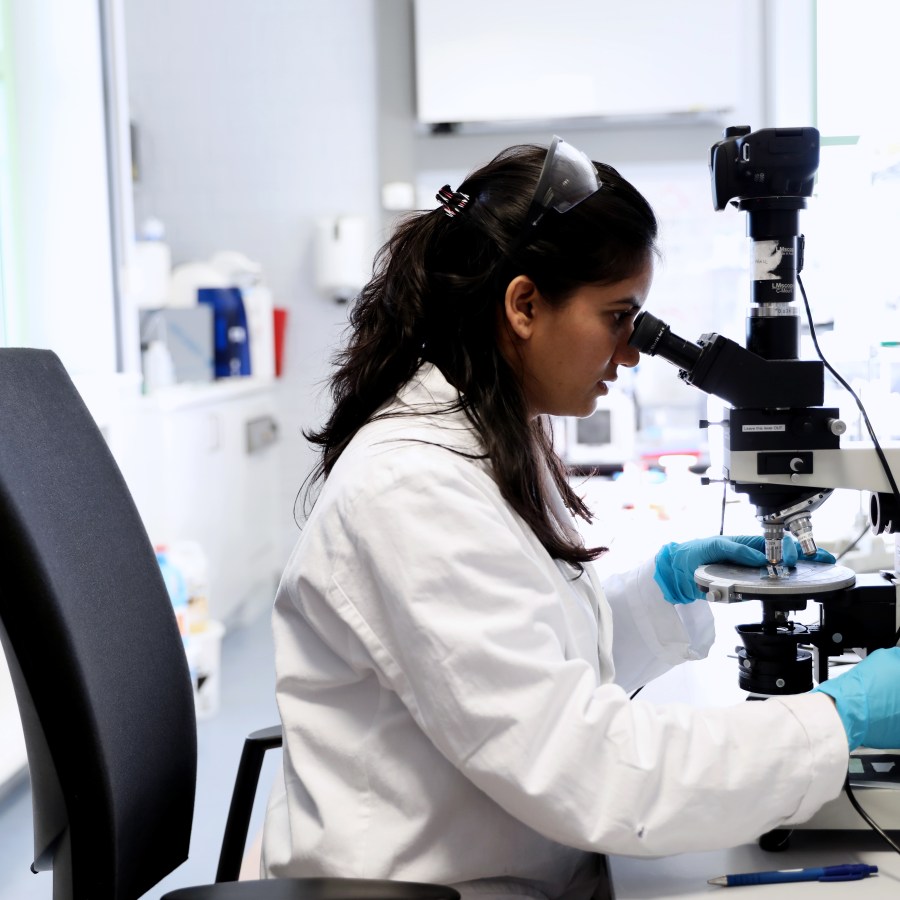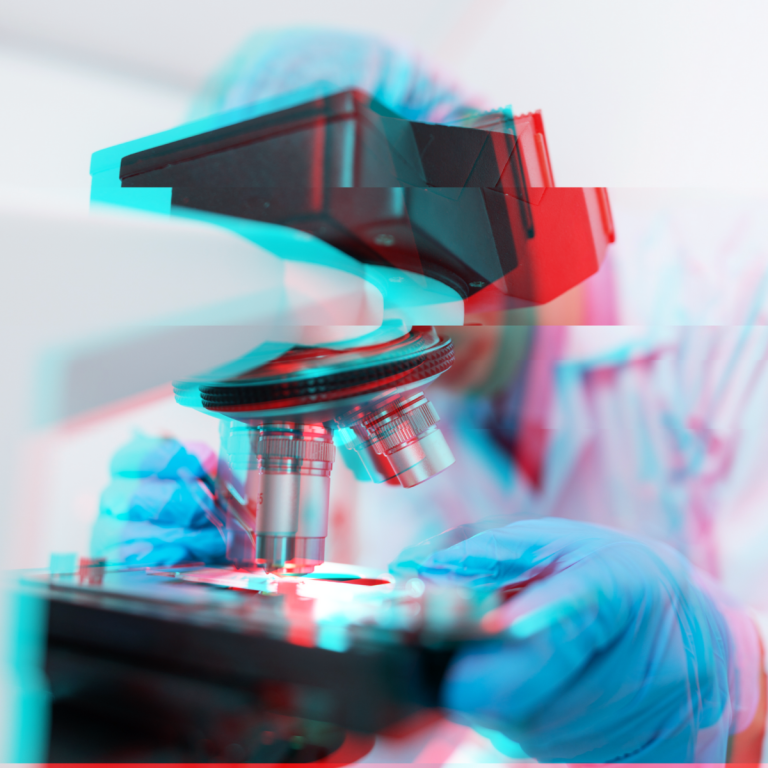Translational Medicine – Key Projects
NCER-PD and ParkinsonNet: research and better care for patients with neurodegenerative diseases
Over the past two decades, Luxembourg has developed into one of the leading hubs for Parkinson’s research. Following a pilot project that has proved its worth over the last six years, and incorporating scientific advances from the National Centre of Excellence in Research on Parkinson’s disease (NCER-PD), the “Réseau de Compétences maladies neurodégénératives (RdC-MN) or ParkinsonNet Luxembourg” was launched in September 2023 as part of the national healthcare system.
ParkinsonNet, a concept born in the Netherlands, is an integrated care network for the patients. It connects the different professions involved in the treatment and care of Parkinson’s disease patients such as doctors, therapists, other healthcare professionals, researchers as well as the patients and their families. Key elements are its patient-centred approach, continued education following international evidence-based guidelines and multidisciplinary collaboration.
The Luxembourg National Research Fund (FNR) laid the foundations for the new network by establishing NCER-PD as the first National Centre of Excellence in Research in 2015. Thanks to this large-scale research programme, involving many participants from Luxembourg and the Greater Region, with and without Parkinson’s disease, Luxembourg researchers have acquired new knowledge that will help distinguish between the different forms of the disease, diagnose them more accurately and implement precision medicine strategies. The programme has now entered a new phase and has joined the Parkinson’s Progression Markers Initiative (PPMI), a landmark observational clinical study sponsored by the Michael J. Fox Foundation for Parkinson’s Research.
Clinnova: federating digital medicine across Europe
Clinnova, an international project launched in 2023, involves clinicians and researchers from Luxembourg, France, Germany and Switzerland. The initiative aims to realise the benefits of precision medicine for treatment decisions through data federation, standardisation, and interoperability. Clinnova focuses on generating benefits for patients and physicians on three diseases: inflammatory bowel disease, rheumatoid diseases and multiple sclerosis.
With an emphasis on data quality and standardisation, the goal is to develop effective AI algorithms that can support physicians in prescribing the right drug to an individual patient at the right time. Clinnova will also bridge biomedical research and healthcare by fostering critical infrastructure development in Luxembourg and federate precision health data across borders.
The project is supported jointly by the Luxembourg National Research Fund (FNR), the Grand Est Region, the Canton of Basel as well as the State of Baden-Württemberg. The Luxembourg part of the Clinnova project is in the framework of the National Centres of Excellence in Research (NCER) programme of the National Research Fund (FNR) and is led by the Luxembourg Institute of Health (LIH) in partnership with the University of Luxembourg, the Centre Hospitalier du Luxembourg, and the Hopitaux Robert Schuman.
4,000 tumour samples for research: The Colorectal Cancer Collection
Colorectal cancer (CRC) is one of the most common and lethal malignancies in Western countries. The high incidence and mortality rates emphasise the need for prevention and early diagnosis. Since 2010, the Molecular Disease Mechanisms Group at the University of Luxembourg has established an ongoing collection of high-quality tumor tissue samples from colorectal cancer patients. There are currently 180 patients enrolled in the project and almost 4,000 samples have been collected.
The Colorectal Cancer Collection has been achieved together with oncologists and surgeons from different hospitals in Luxembourg, nurses from the Clinical and Epidemiological Investigation Centre at LIH, pathologists from the LNS as well as collection managers at the IBBL and researchers at the University of Luxembourg. The samples contain serum, stool and tumour tissue as well as healthy tissue samples from the same patients.








